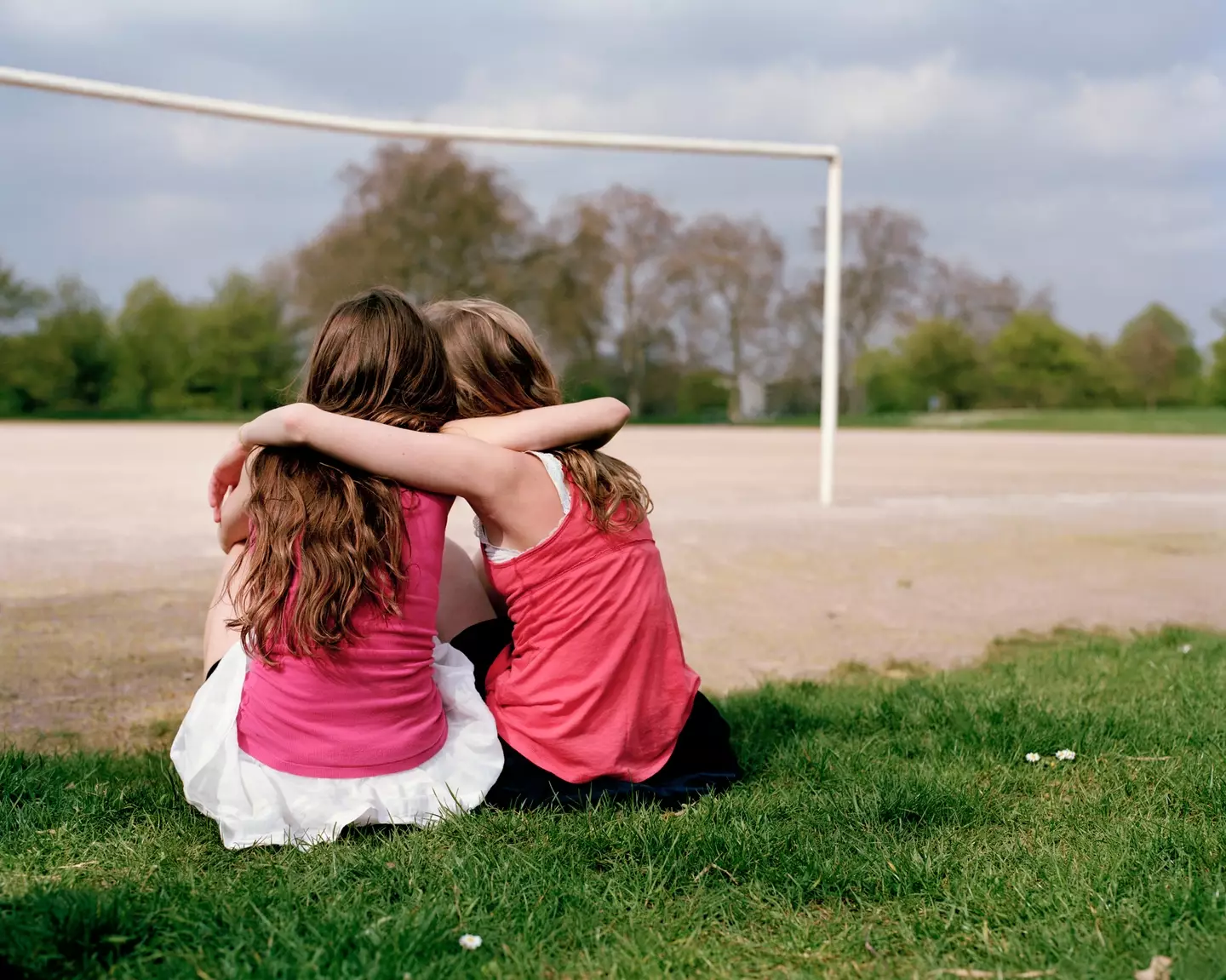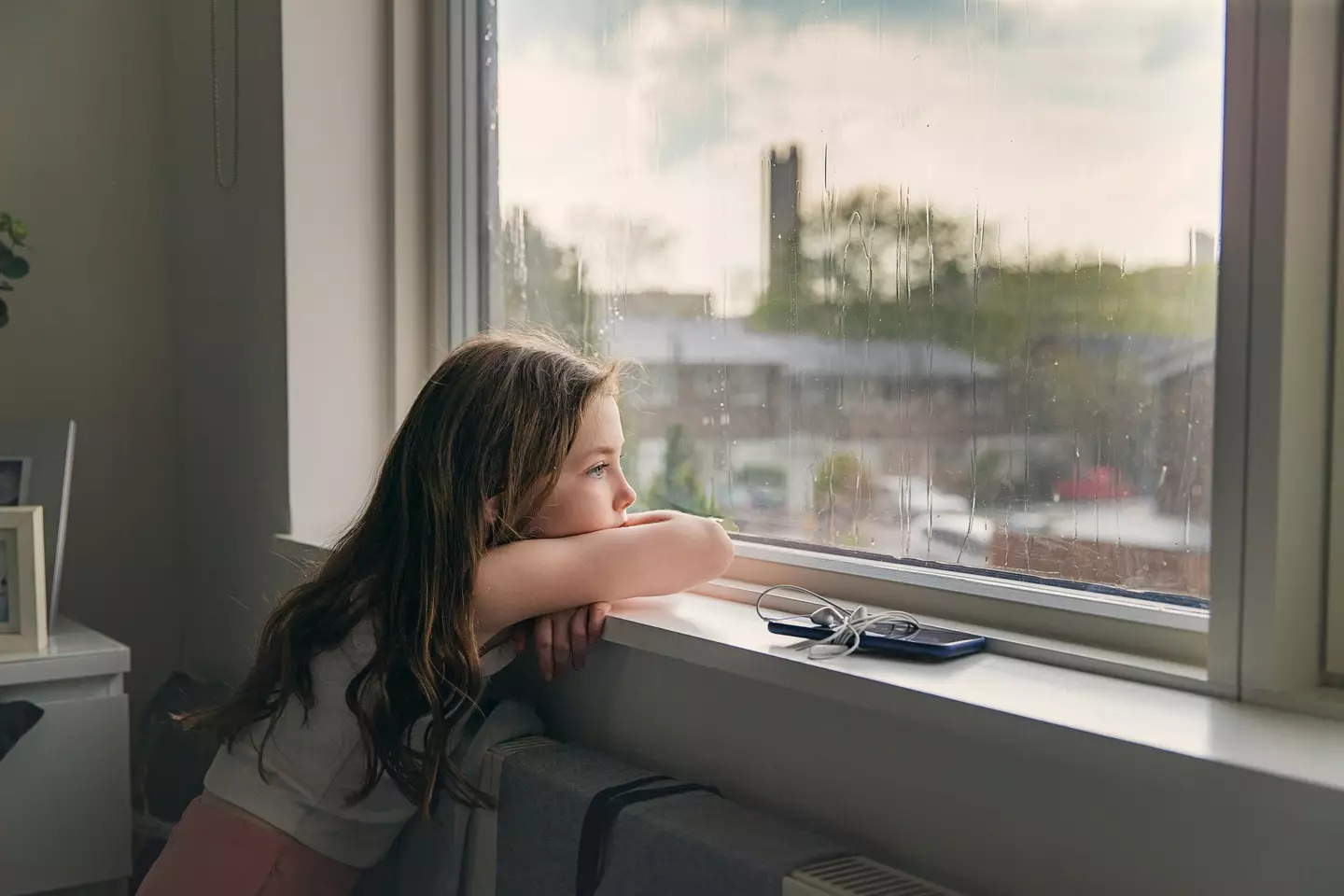
A psychologist has detailed 11 specific traits that they believe people develop as adults if they experienced being 'constantly excluded' in their younger years.
There's no way around it: growing up is tough.
Even if you have good friends and a supportive family, there's always something that can stress you out, bring you down or keep you up at night, and being 'excluded' by your peers is one of them.
Starting new schools, clubs, or even just growing apart from your old friends can leave you on the hunt for a new group, and unfortunately there are some people who just aren't as inclusive as they could be.
Advert
Dr. Alexandra Stratyner, Ph.D, a psychologist, has noted that what happens during our childhood can 'significantly impact us for the rest of our lives' because it's such a 'significant time' for development.

Speaking to Parade, she said: "Being excluded as a child can cause feelings of loneliness, sadness, anger, self-doubt and anxiety. If these feelings are not addressed, they can linger into adulthood, which can hurt one's mental health."
With this in mind, Dr. Stratyner listed 11 adult traits linked to being constantly excluded as a child.
Social insecurity
Being left out of a birthday party invite or a trip to the park can leave people thinking that they're the problem, with Dr. Brandy Smith, Ph.D, explaining: “The possible insecurity within situations could stem from reduced social interactions, so there is literally less data to pull from regarding how to interact with others.”
Loyalty
If you've been left out by someone who wasn't very nice as a kid, you usually learn pretty quickly who your real friends are, meaning children are quick to learn the importance of loyal people and being loyal to others.
“This is because they value the relationship greatly and would go to great lengths to protect it,” Dr. Stratyner said.
Empathy
Similarly, children who have been left out may better recognize if it happens to others, giving them a stronger sense of empathy.
Perfectionism
If you've been left out or ignored as a child, you may try to compensate as an adult by trying to get noticed in ways that present as perfectionist behaviors.

Creativity
While being left out might mean you don't get quite as much socialization, it does leave more time to get the creative juices flowing, for example by reading, writing or playing music; hobbies which may stay into adulthood and help when faced with brainstorming ideas or finding ways to solve problems.
Low self-esteem
If you feel like people don't want to hang out with you, it may trigger feelings of low self-esteem and self-doubt.
Dr. Joel Frank, a licensed psychologist with Duality Psychological Services, said: "For instance, if someone was excluded as a child, they may hesitate to share their ideas at work, fearing they won't be valued."
People-pleasing
In an attempt not to be left out again, some adults may find themselves going out of their way to establish connections.

In need of validation
Being excluded may lead to feelings that a child isn't 'good enough' to hang out with certain people, consquently creating a need of validation when they grow up.
Isolation
If you were constantly excluded as a kid, you may notice yourself actively choosing to avoid social plans.
"Sometimes, when a person is often excluded, they will focus on self and create their own world, whether that be an imaginative world they connect with or becoming overly independent and not wanting much, if anything, to do with others," Dr. Smith explained.
A desire for highly structured settings
If a child who was excluded found comfort in what they knew, this may manifest in adulthood as a desire settings with structure.
Over-analyzing
If you've been left as a kid to think about how you might come across to others, chances are you'll be critical of yourself into adulthood, too.
Dr Frank explained: "Individuals may notice a heightened sense of vigilance, constantly watching for signs of rejection."
Topics: Mental Health, Psychology